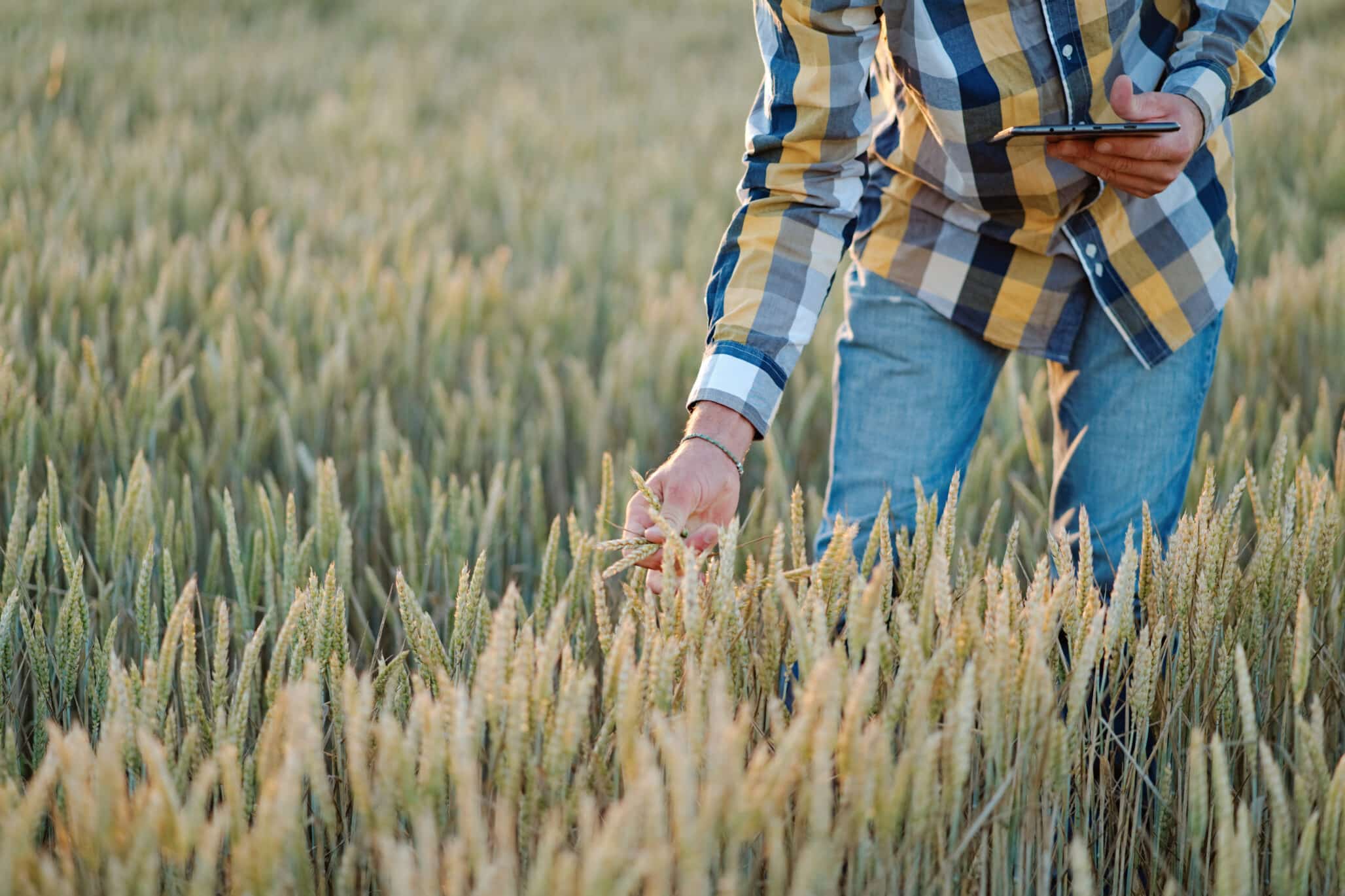The border blockades across Canada are affecting the safe movement of livestock, feed and goods and is adversely impacting Canada’s food supply chain, says Canadian Agriculture Minister Marie-Claude Bibeau in a statement.
“The disruptions have caused a threat to our economy and public safety and they are hurting farmers, small businesses and our communities across the country. When I met with industry leaders, they told me that the blockade is having a significant impact on the livelihood of Canadian farm families and businesses who cannot sustain any more delays,” the statement reads.
The minister added that Canadians should have confidence that the food supply is able to respond to demands and that our distribution system will continue to operate to meet the needs of Canadians. “We need these blockades to end to avoid food loss and waste, as well as added costs for everyone in the supply chain including Canadian consumers.”
Yesterday, the Canadian government invoked the Emergencies Act and is monitoring the situation closely and working with federal and provincial partners to identify and mitigate disruptions.
“While we respect the rights of all Canadians to protest, the unlawful occupation of major border crossings must end. Our hardworking truckers are essential to the function of our agriculture and food supply chains and to the efficiency of our economy,” the minister added.
Bibeau’s statement comes on the heels of a call put out last week by a number of industry bodies for government action to restore essential transport and trade corridors.
“Canada’s fruit and vegetable growers have been faced with considerable supply chain disruptions throughout the past two years, and the recent border blockades have only exacerbated them. Now is the time for government to put an end to the blockades at our trading ports and ensure the uninterrupted movement of fruits and vegetables across the Canada-U.S. border,” said Jan VanderHout, president of the Canadian Horticultural Council.
Editor’s Note: This piece originally appeared on our sister publication, Germination.













